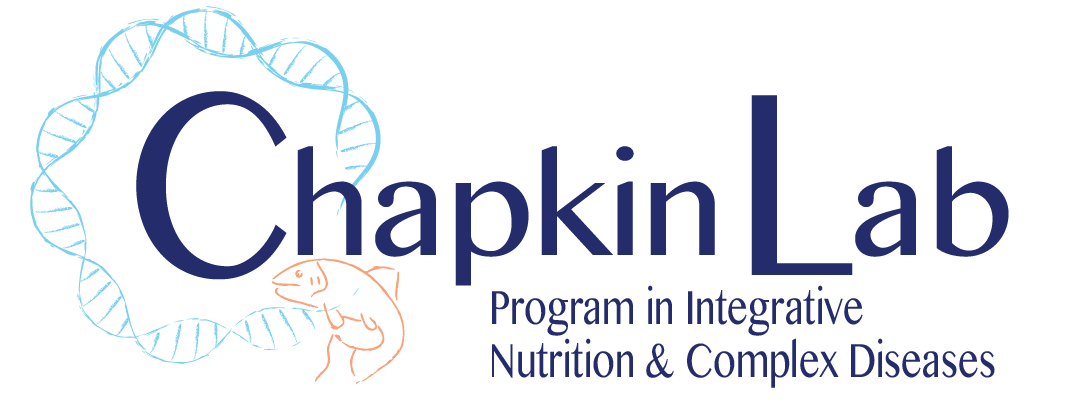
Dr. Alfredo Erazo-Oliveras, a postdoctoral research associate in Dr. Robert Chapkin’s laboratory (Program in Integrative Nutrition and Complex Diseases) at Texas A&M University, has been selected as an awardee in the Ford Foundation 2017 Postdoctoral Fellowship Competition.
Dr. Erazo-Oliveras selection for this prestigious award reflects the review panelists’ enthusiasm regarding his scholarly competence as well as the promise that he shows for future achievements as a scholar, researcher, and teacher. As part of the award beginning in June 2017, Dr. Erazo-Oliveras will receive a $45,000 stipend for one year as well as funds to attend the annual national Conference of Ford Fellows in San Juan, Puerto Rico on May 2018. Additionally, he will be granted access to Ford Fellow Regional Liaisons, a network of former Ford Fellows who have volunteered to provide mentoring and support to current fellows.
Through this award, the Ford Foundation seeks to increase the diversity of the nation’s college and university faculties by increasing their ethnic and racial diversity, to maximize the educational benefits of diversity, and to increase the number of professors who can and will use diversity as a resource for enriching the education of all students. This fellowship is sponsored by the Ford Foundation and administered by the Fellowships Office of the National Academies of Sciences, Engineering, and Medicine.
NIH Research Supplement to Promote Diversity in Health-Related Research Postdoctoral Award
Dr. Alfredo Erazo-Oliveras has also been selected as an awardee of the National Institutes of Health (NIH) National Cancer Institute (NCI) Research Supplement to Promote Diversity in Health-Related Research Postdoctoral Award.
This highly competitive award provides $315,205 in total support for three years to pursue his research project entitled “Plasma membrane therapy: Disruption of Wnt-associated receptor spatiotemporal organization by membrane targeted dietary bioactives (MTDBs)”. With this award, Dr. Erazo-Oliveras will investigate the molecular mechanisms by which APC tumor suppressor gene loss in combination with MTDBs modulate tumorigenesis in the gut.
This award supports individuals in the postdoctoral phase of their training to participate in ongoing research projects and career development experiences in preparation for an independent career in health-related research and fosters diversity by addressing underrepresentation in the scientific research workforce. This is a key component of the NIH strategy to identify, develop, support and maintain the quality of our scientific human capital.
